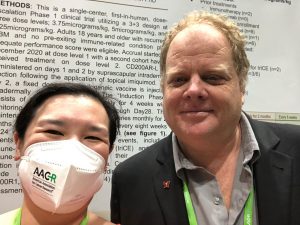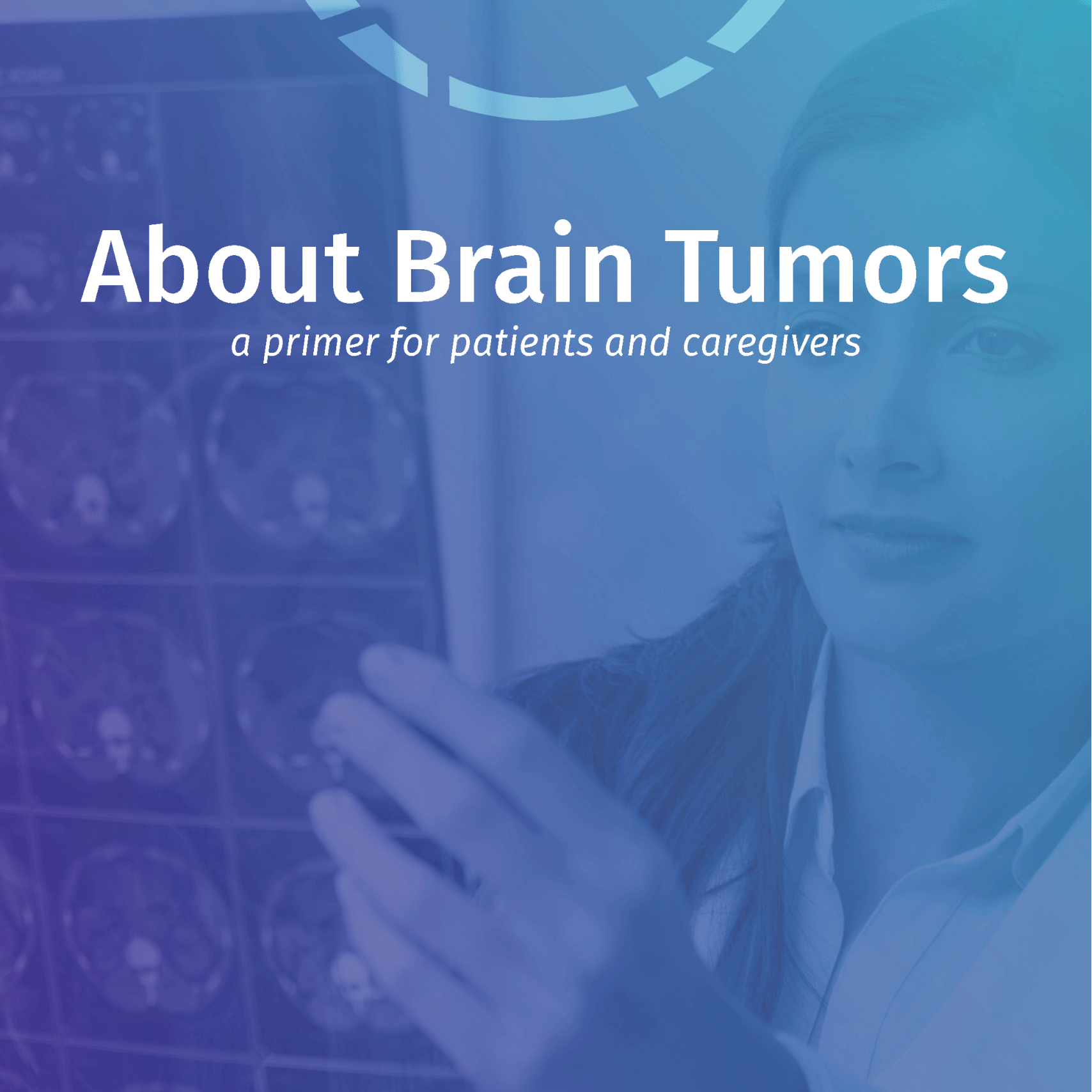Each September, the American Brain Tumor Association (ABTA) hosts the ABTA Alumni Research Network (AARN) Annual Meeting. This meeting brings together former and current ABTA grant recipients to discuss their most recent brain tumor research findings, network with one another to form collaborations, and to learn from each other’s experiences such as lab leadership and applying for and obtaining federal grants to continue research on this important work.
The AARN Annual Meeting is held in conjunction with ABTA’s National Conference, facilitating a direct interface between brain cancer researchers, patients, caregivers and. This exchange allows brain tumor patients to learn about cutting-edge research and enables researchers to learn more about living with a brain tumor diagnosis.
To review this important meeting, we sat down with Dr. Milan Chheda, 2008 ABTA Basic Research Fellow, member of the ABTA Scientific Advisory Council, and Associate Professor at the Washington University School of Medicine in St. Louis and Dr. Tyler Miller, 2020 ABTA Basic Research Fellow, Assistant Professor in the Department of Pathology, School of Medicine at Case Western Reserve University. Dr. Chheda and Dr. Miller are leading experts in their field of neuro-oncology and neuropathology.
Why is the AARN Annual Meeting important to you?
Dr. Chheda: The ABTA has not only invested in specific projects, but also the careers of the scientists dedicated to improving the lives of patients with brain tumors. The meeting is important to me because it is small, interactive, and fun. It is also refreshing—I feel re-charged in my own work after the meeting.
Dr. Miller: The AARN Annual Meeting is important to me because it provides a unique opportunity to connect with a diverse group of brain tumor researchers who share a common mission: to advance the understanding and treatment of brain tumors. This meeting fosters collaboration, allowing us to exchange ideas, share our latest findings, and form partnerships that can accelerate progress toward finding a cure.
What are you most excited for in terms of novel therapeutics that are transitioning from being effective in preclinical models to being evaluated in clinical trials?
Dr. Chheda: There are many AARN members who are on the cusp of moving their findings in pre-clinical models to clinical trials. Dr. (Justin) Lathia’s findings on differences between how males and females respond to various therapies is going to change the way we think about clinical trial design soon. That work is incredibly important.
Dr. Christian Badr is developing exciting new types of compounds that may treat patients in coming years.
Dr. Kyuson Yun is always doing creative things. She has spun off a neat company that has developed a new way to quickly assess patient samples for sensitivity to therapies. Dr. Zhaohui Wang is also applying a new technology to quickly test many compounds on patients’ tumors in the context of their microenvironment, or the non-cancer cells that make up a tumor. Dr. Christopher Hubert has developed ways to faithfully grow tumor cells in three dimensions, to study relative changes in oxygenation between different parts of the same tumor.
Dr. Munjal Acharya and Dr. Soma Sengupta presented work from their respective labs, which may provide protection to the brain and cognition in cancer patients. This focus on quality of life— beyond survival—is super impactful.
Dr. Miller: I am most excited about the new wave of immunotherapies, especially those that harness the power of the immune system to target and destroy tumor cells. Therapies such as chimeric antigen receptor (CAR)-T cells and checkpoint inhibitors have shown promise in preclinical models, and the transition to clinical trials represents a critical step toward making these treatments available to patients. The potential to offer new, more effective options to those who currently have limited choices is truly exciting.
Is there anything else you’d like to share with us?
Dr. Chheda: In investing in the careers and development of scientists from their time as trainees through to when they are full professors, ABTA takes the long view. In cancers of the nervous system, we need to take this long view. I am grateful to the ABTA for creating a supportive environment where we can learn from each other. This network, which extends beyond our annual meetings, is advancing high-quality science that will continue to improve the lives of patients.
Dr. Miller: I want to express my deep appreciation for the ABTA brain tumor community’s unwavering support and dedication to supporting research. It is through collaboration between researchers, clinicians, patients and advocates that we can drive meaningful progress. Every effort, from fundraising to awareness campaigns, plays a vital role in moving us closer to a cure. Together, we can make a real difference in the lives of those affected by brain tumors.
Since 1976, the ABTA remains committed to brain tumor research and researchers. Visit the ABTA’s Alumni Research Network webpage to learn more about AARN. To see a list of current and recently funded grants, click here. Interested in donating to support brain tumor research? Click here to find out how.




























